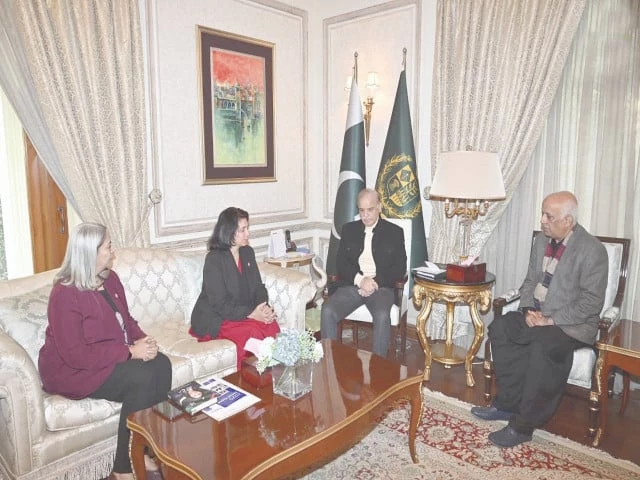Guests take selfies during a mass wedding ceremony in Karachi, Pakistan, Jan. 11, 2026. (Str/Xinhua)

A bride and a groom take a selfie during a mass wedding ceremony in Karachi, Pakistan, Jan. 11, 2026. (Str/Xinhua)

A couple poses for a photo…

Guests take selfies during a mass wedding ceremony in Karachi, Pakistan, Jan. 11, 2026. (Str/Xinhua)

A bride and a groom take a selfie during a mass wedding ceremony in Karachi, Pakistan, Jan. 11, 2026. (Str/Xinhua)

A couple poses for a photo…

Guests take selfies during a mass wedding ceremony in Karachi, Pakistan, Jan. 11, 2026. (Str/Xinhua)

A bride and a groom take a selfie during a mass wedding ceremony in Karachi, Pakistan, Jan. 11, 2026. (Str/Xinhua)

A couple poses for a photo…

Guests take selfies during a mass wedding ceremony in Karachi, Pakistan, Jan. 11, 2026. (Str/Xinhua)

A bride and a groom take a selfie during a mass wedding ceremony in Karachi, Pakistan, Jan. 11, 2026. (Str/Xinhua)

A couple poses for a photo…

Governments traditionally have a narrow window – typically the first two years of their term – to implement bold and transformative reforms. photo: file

Parents of late Arfa Karim call on Prime Minister Shehbaz Sharif in Lahore. Photo: SABAH